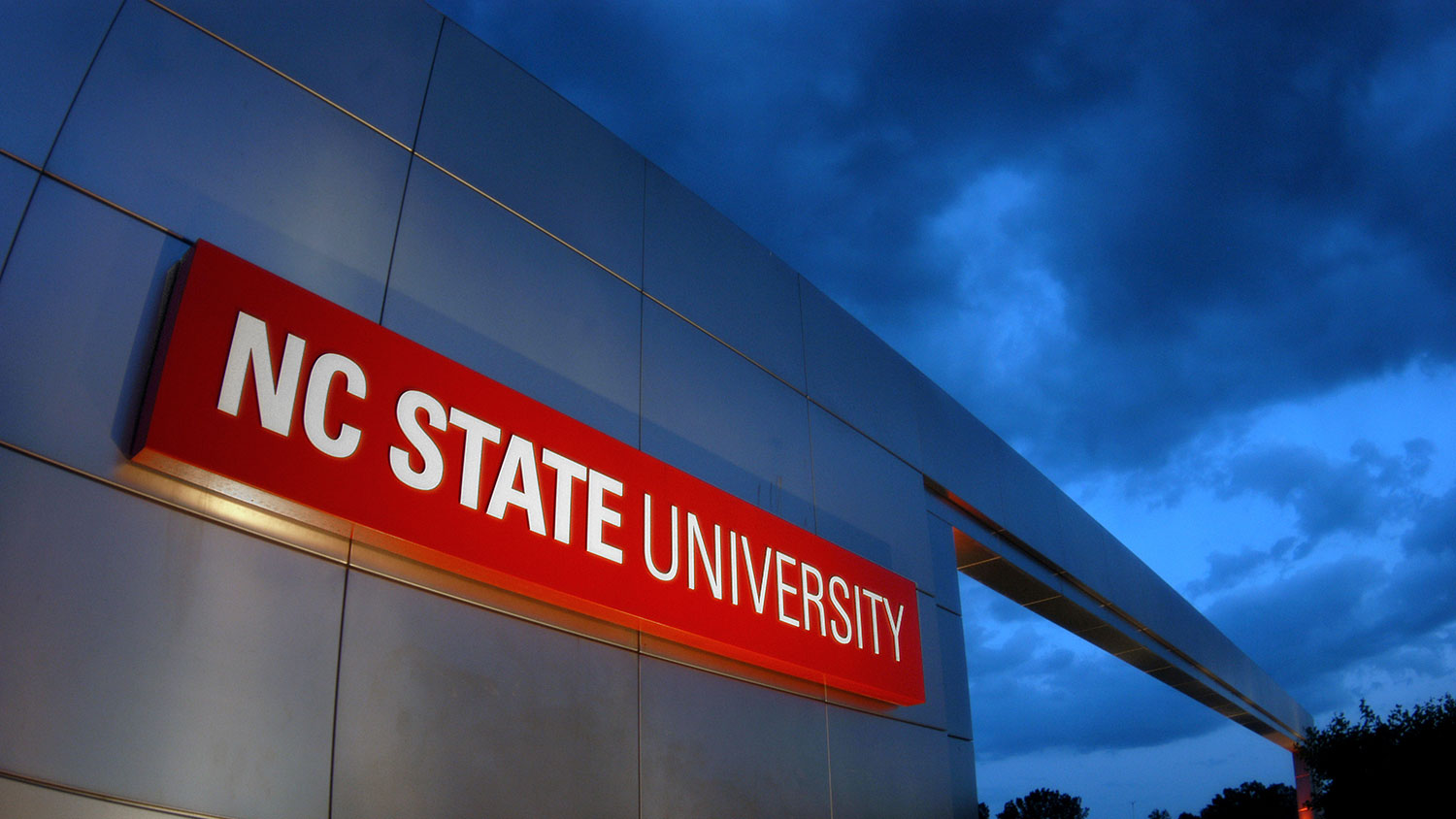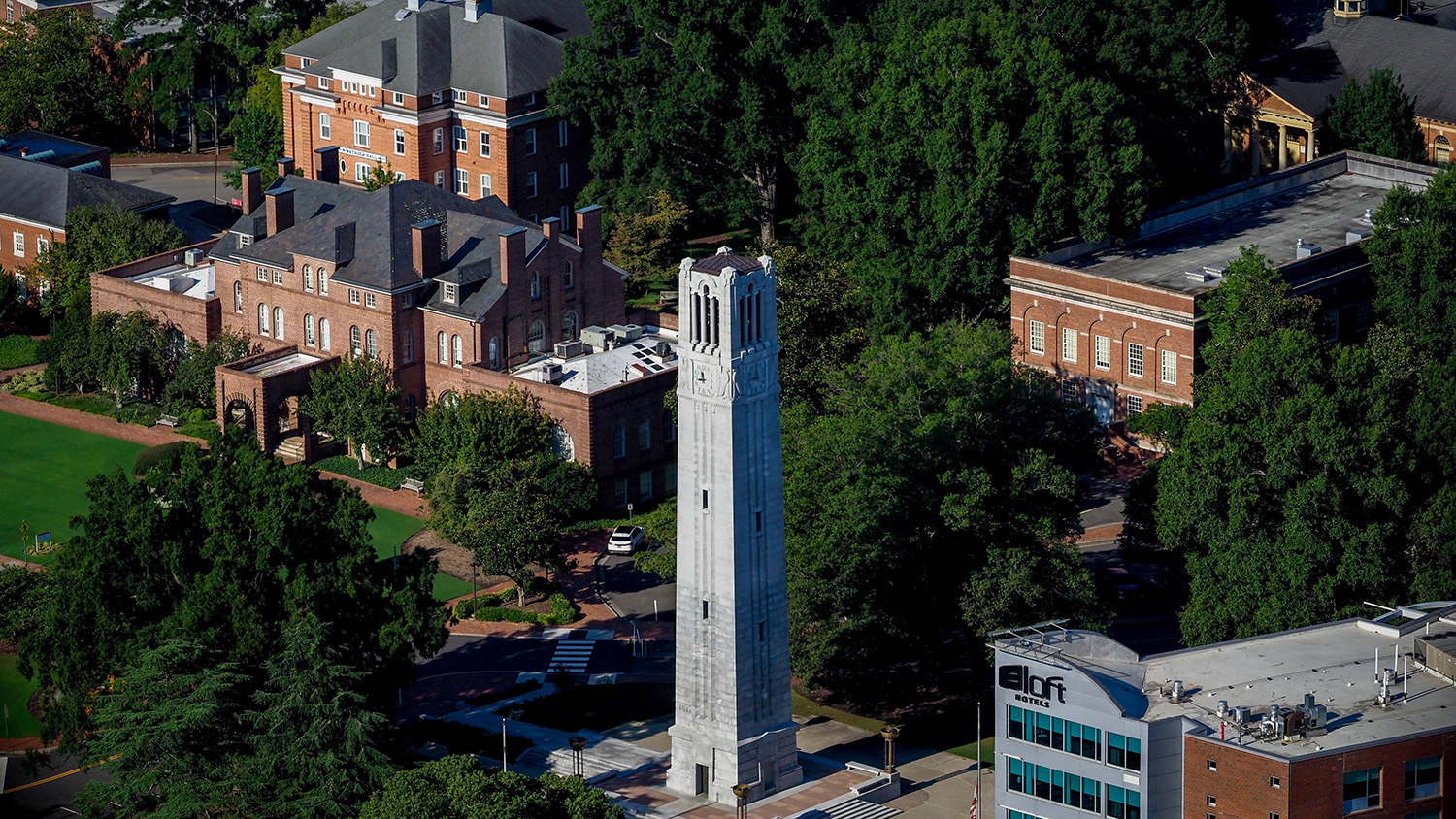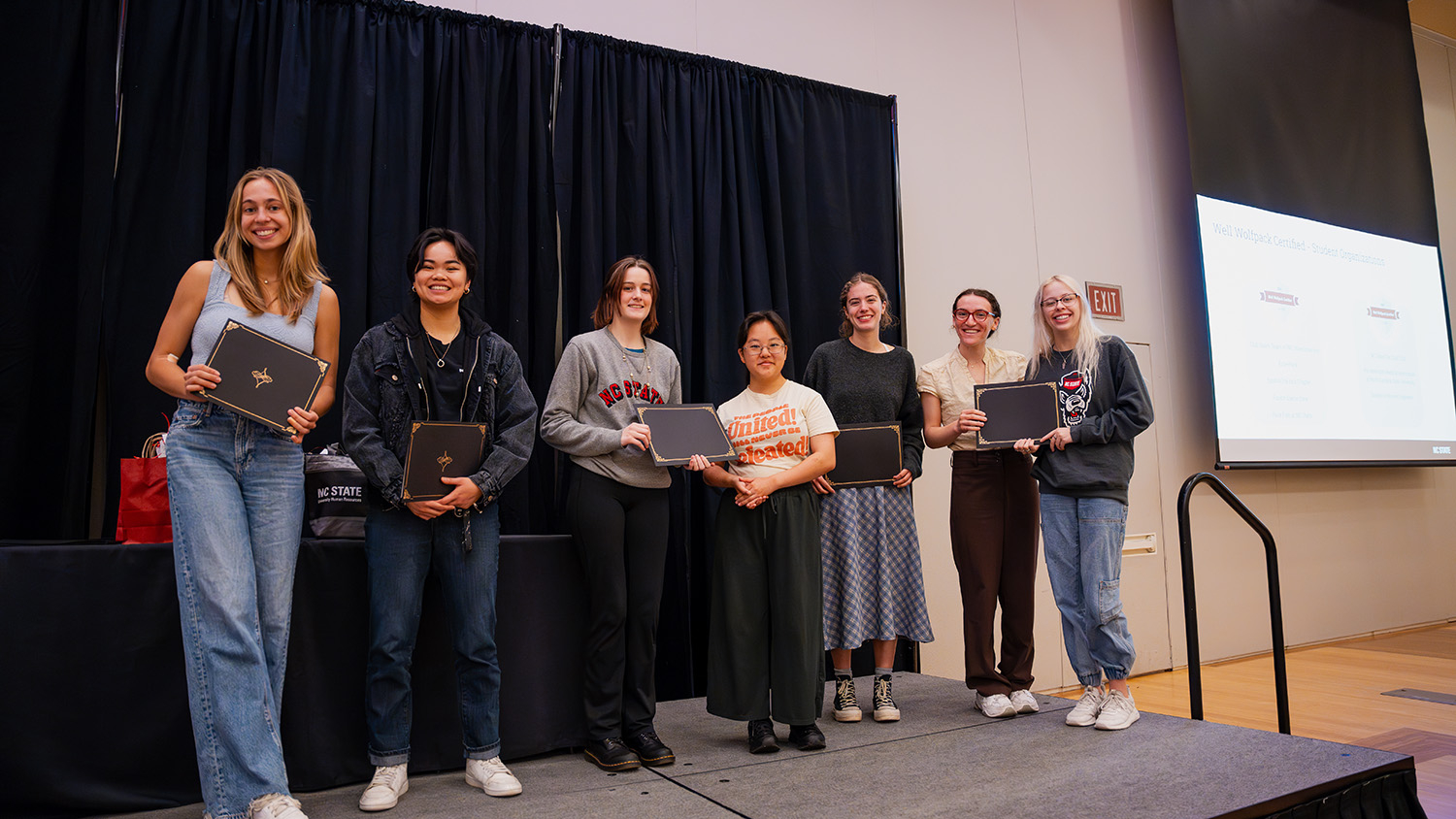10 Earn NSF Early-Career Awards
Faculty members in five colleges are recognized by the National Science Foundation for the quality of their research as well as their leadership potential.

The National Science Foundation has recognized 10 NC State young faculty members with prestigious NSF Early-Career Development Program Awards, announced throughout the spring.
They are among approximately 450 grants given annually to scientists and engineers who have shown potential to serve as academic role models in research and education and to lead advances in the mission of their organizations.
Representing five of NC State’s colleges, the 10 award winners each have received significant grants spanning five years in their fields of study to support both research and educational outreach.
- Aydin Aysu, assistant professor in electrical and computer engineering. His NSF grant will support his research on cybersecurity for next-generation artificial intelligence hardware designs.
- Doug Call, associate professor in civil construction and environmental engineering. He received his NSF grant for a project to understand and develop a hybrid microbial-material technology that degrades organic contaminants found in water sources, including drinking water.
- Veljko Dubljevic, assistant professor in philosophy and religious studies. His NSF grant will support his project that explores the ethical programming of autonomous vehicles.
- Lilian Hsiao, assistant professor in chemical and biomolecular engineering. The NSF grant supports her project that provides foundational understanding for the technological push towards haptic devices, especially in a world that is rapidly moving online, leveraging fluid dynamics to address questions in the emerging field of touch engineering.
- Christopher Parnin, assistant professor in computer science. Parnin’s areas of research span the study of software engineering from empirical, human-computer interaction and cognitive neuroscience perspectives. The NSF grant will support Parnin’s work on better understanding programmer cognition.
- K.C. Busch, assistant professor in STEM education. Her grant will be used to develop a theory and test metrics for measuring community-level science learning through social networks. Her project uses social network analysis to quantitatively measure the features of community organizations in three North Carolina coastal communities.
- Alexandros Kapravelos, assistant professor in computer science, for his research in systems and software solutions. He currently studies how the web changes on the client side via browser extensions and browser protection from malicious client-side attacks. His interests also include internet privacy and browser fingerprinting.
- Ruozhou Yu, assistant professor in computer science. His NSF grant will support his research in computer networks, distributed systems and cyber security, specifically for research on application-network edge resource provisioning.
- Natalie Nelson, assistant professor in agricultural and biological engineering. Her grant will support research and education using high-frequency sensors to continually monitor a wide range of water quality dynamics, including clarity, temperature and organic matter levels. It will help engineers, local governments and policymakers understand and lower the impacts of persistent tidal flooding.
- Caroline Proulx, assistant professor in chemistry. Her five-year grant will support a project to pursue fundamental research in bioorganic chemistry, with a focus on developing new methods for the synthesis of peptide and protein mimic libraries.
- Categories:


